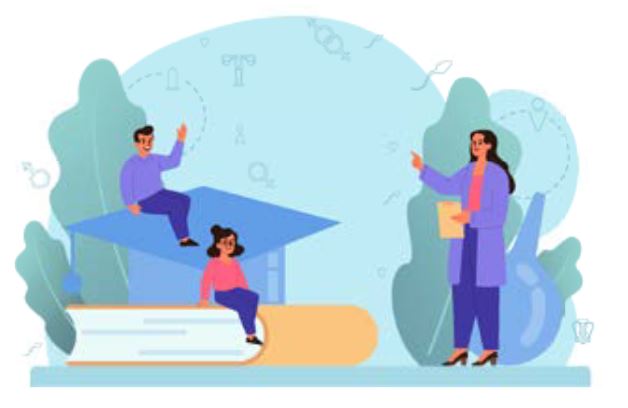Future of work: Equipping the next generation with advanced IT skills

Kenya is poised to introduce coding for secondary and primary school students. This is after the Kenya Institute of Curriculum Development (KICD) approved a new syllabus that offers to equip children with coding skills. The rollout of the syllabus in Kenya will be a first in the African continent and comes at the backdrop of Kenya’s efforts to become the regional technology and innovation hub.
Coding essentially allows people to communicate with computers in the language computers understand. It acts as a translator by converting human input into numerical sequences that computers can understand. Coding, therefore, tells a machine which actions to perform and how to complete tasks. Electronic devices like cell phones, laptops, and tablets require codes to function properly. Modern technology such as traffic lights, calculators, smart TVs, and cars use internal coding systems. Inevitably, such acquired coding skills will equip the next generation of the workforce with practical and digital skills and capabilities.
The introduction of the coding syllabus in the country is in line with the government’s efforts to promote technology use through the digital literacy program (DLP) that was launched in 2016. The government started the programme out of the conviction that technology has the power to bring about systemic change in basic and higher education by transforming teaching and learning by integrating technology in the learning environment. The programme aims to transform the country into a knowledge-based economy as stipulated in Kenya’s Vision 2030 development blueprint. Under the DLP, 1.2 million digital devices have been supplied to 22,891 primary schools.
The unveiling of the Kenya National Digital 2022-2032 Master Plan by ICT Cabinet Secretary Joe Mucheru also provides the perfect backdrop for the approval of the coding syllabus by KICD. The 2022-2032 Master Plan has been conceptualised to streamline ICT projects across both the national and county government and provide a resource mobilisation strategy that can guide ICT investors. The DLP is a flagship programme under the Masterplan that seeks to accelerate technology integration in teaching and learning in all learning institutions. The Masterplan notes that the country needs to develop a critical mass of IT experts with advanced skills to adapt to the future of things. These include the growing digital opportunities in Data protection, Coding, Mobile App Development, the Internet of Things, Robotics, Cyber Security, Artificial Intelligence, and big data.
The push by Kenya to become a leading technology and digital hub in Africa has not gone unnoticed by Big Tech. American tech giant Google is investing in its first-ever Africa product development hub in Nairobi as part of the tech firm’s Ksh115.5 billion investment in the continent over the next five years. The new product development centre will help create transformative products and services for people in Africa and around the world. It will offer engineers, product managers, UX designers, and researchers job opportunities. Currently, Africa suffers from a shortage of IT talent, forcing big tech companies to poach personnel from small firms, leading to an outcry.
Amazon Web Services, a subsidiary of Amazon providing on-demand cloud computing platforms, has set up a Local Zone in Nairobi to become the ultimate cloud service solutions provider for individuals, small businesses, and corporates. Last year, AWS started offering free certifications to Kenya’s tech talent through its AWS re/Start project. It seeks to build a diverse pipeline of entry-level trained IT professionals who can create business intelligence, analytics, and database management tools. The project connects more than 90 percent of graduates with job opportunities.
The Internet Corporation for Assigned Names and Numbers (ICANN), the non-profit corporation that coordinates the domain name systems, also announced that it would set up two Root Server (IMRS) clusters, one of which will be in Kenya.
Leading from home, Safaricom, Kenyan telco giant, has partnered with educational technology start-up Zeraki to offer remedial online learning to secondary school students. The platform is expected to help close the digital divide and boost understanding of concepts for learners.
The approved coding syllabus will be offered by Kodris Africa, an online publishing company specialising in equipping learners with 21st Century skills. The company is in talks with telcos, banks, and other partners for the rollout.

